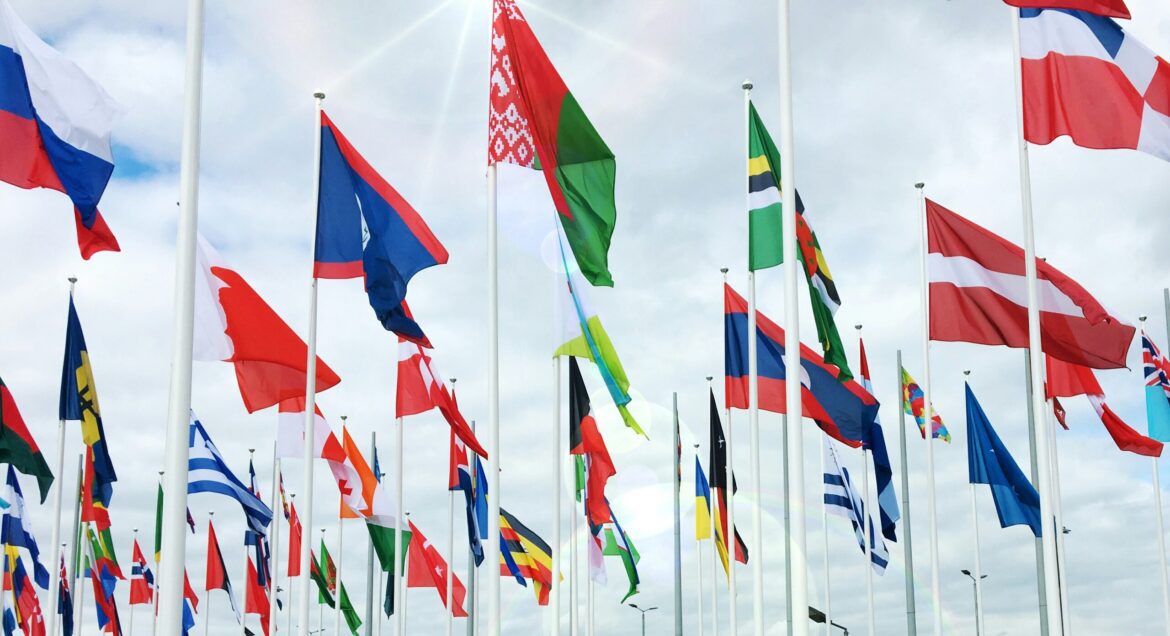The 16th BRICS summit, held in Kazan, Russia, from October 20 to 26, 2024, served as a key platform for discussing the shifting dynamics of global geopolitics and expanding economic cooperation among the world’s emerging economies. The summit brought together leaders from Brazil, Russia, India, China, and South Africa, marking another significant step in their ongoing efforts to reshape the global economic and political landscape.
One of the main areas of focus during the summit was the commitment to a more multipolar world order. The BRICS nations, with their collective population of over 3 billion people and combined economic power, are becoming increasingly influential in global affairs. Their stance advocates for reducing reliance on Western-led institutions and promoting a more diversified approach to governance, trade, and finance. As the global balance of power continues to shift, the BRICS countries are positioning themselves as an alternative to traditional Western-dominated organizations such as the G7 and the International Monetary Fund (IMF).
A key initiative highlighted during the summit was the Belt and Road Initiative (BRI), spearheaded by China, which aims to enhance connectivity and trade across Asia, Europe, and Africa. BRICS members have been enthusiastic supporters of this global infrastructure project, seeing it as an opportunity to boost economic growth through enhanced regional cooperation. With the BRI’s ambitious infrastructure projects connecting countries across continents, the initiative is viewed as a critical tool in creating new trade routes, improving transportation networks, and fostering economic integration within the developing world.
The Eurasian Economic Union (EEU), another focal point of discussion, also played a central role in the summit’s agenda. This union, led by Russia, is designed to integrate economies in the post-Soviet region by establishing a common market and facilitating the free movement of goods, services, and labor. The EEU’s alignment with the BRICS vision of broader economic collaboration could further strengthen ties between member states, particularly in sectors such as energy, agriculture, and manufacturing. By deepening economic integration among member nations, the EEU offers a potential counterbalance to the influence of Western-led economic organizations.
In addition to these infrastructure and economic cooperation efforts, the summit underscored the importance of enhancing political and security dialogue among BRICS nations. The growing geopolitical tensions in various regions, particularly in the context of the ongoing conflict in Ukraine and the broader power struggles between the U.S. and Russia, have led BRICS members to seek greater unity and cooperation on international security issues. Leaders discussed the need for more robust collective responses to global crises and emphasized the importance of peaceful resolutions through diplomatic means.
The 16th BRICS summit highlighted a shift toward more inclusive and diverse global governance, offering a forum where emerging economies can assert their influence on global decision-making. With a shared vision for a multipolar world, the summit marked a new chapter in the bloc’s mission to challenge the dominance of traditional powers and promote economic growth and stability across the global south.


